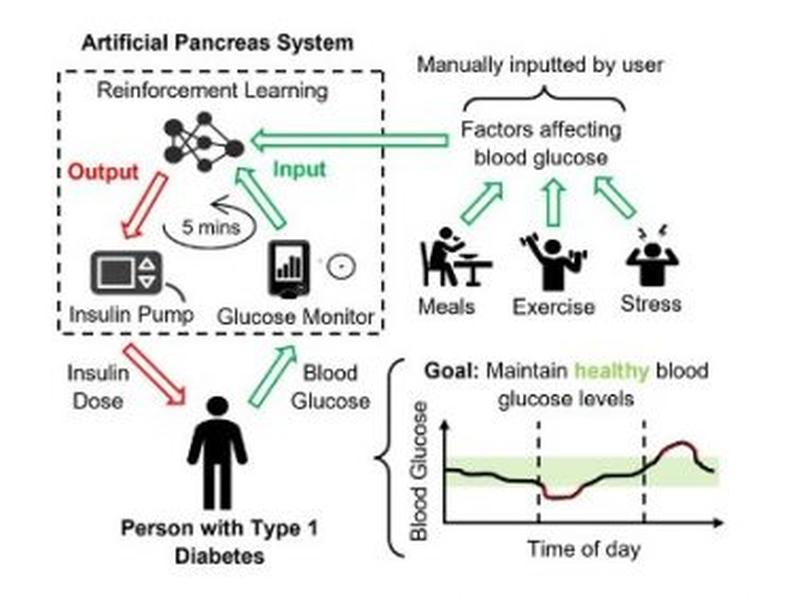Scientists at the University of Bristol have demonstrated that reinforcement learning, a type of machine learning, can be used to improve the safety and effectiveness of blood glucose controllers. By using offline reinforcement learning, where the algorithm learns from patient records, the researchers have shown that good blood glucose control can be achieved. This study, published in the Journal of Biomedical Informatics, showed that the largest improvement was in children, who experienced an additional one-and-a-half hours in the target glucose range per day. Lead author Harry Emerson from Bristol’s Department of Engineering Mathematics explained that machine learning driven algorithms have demonstrated superhuman performance in playing chess and piloting self-driving cars, and could represent an important milestone of care for people living with type 1 diabetes.
Previous ArticleInfosys: Leading The Way In Tech Transformation
Next Article Autogluon.common

